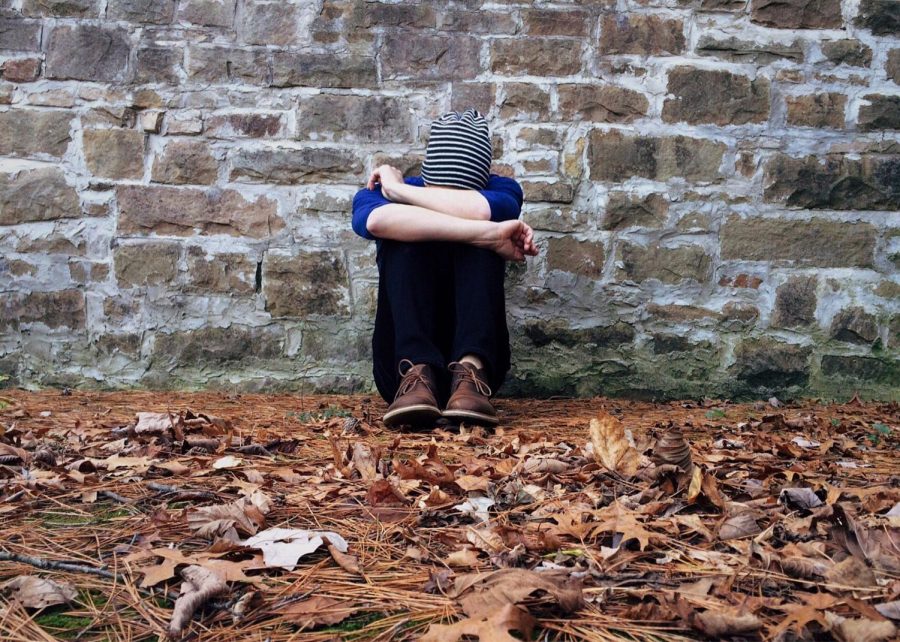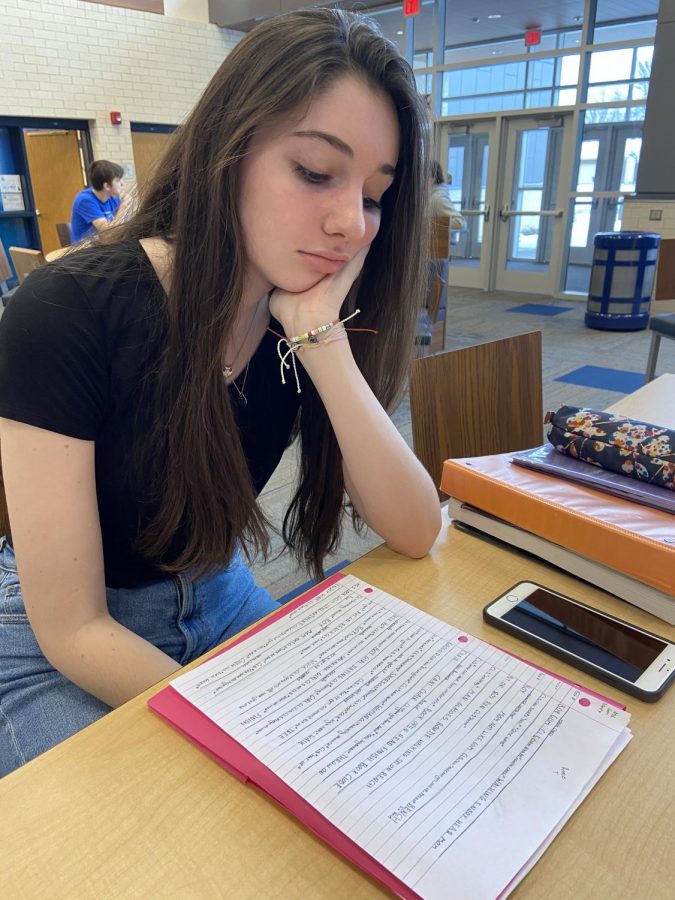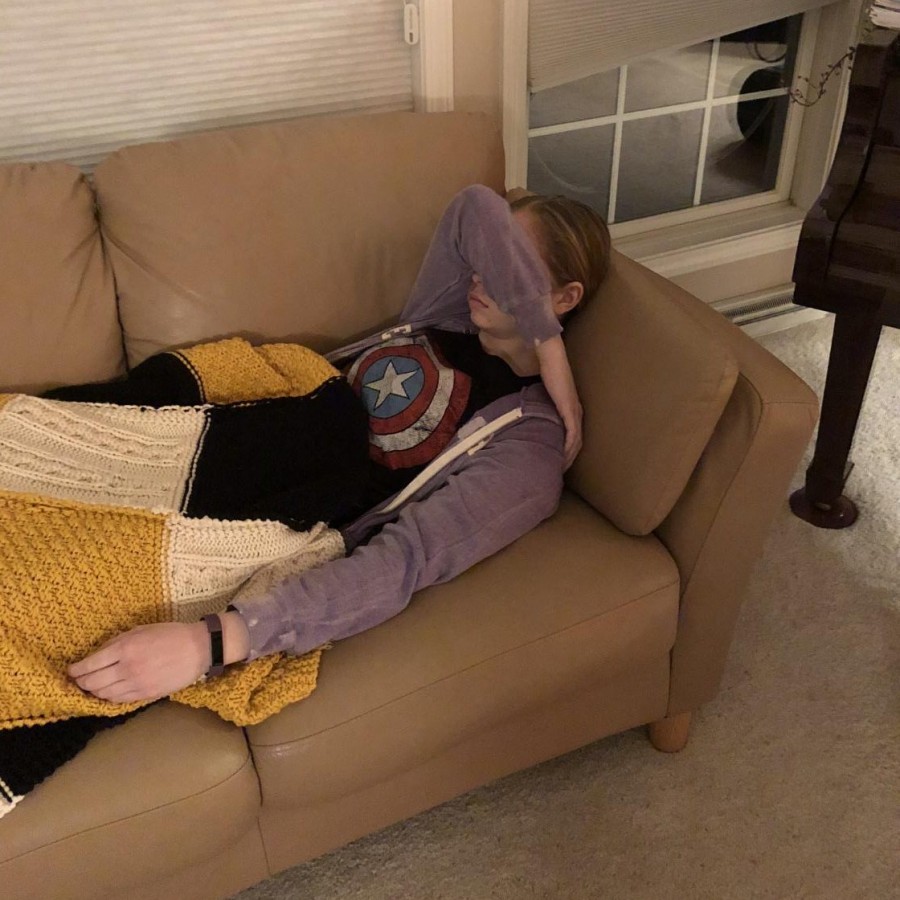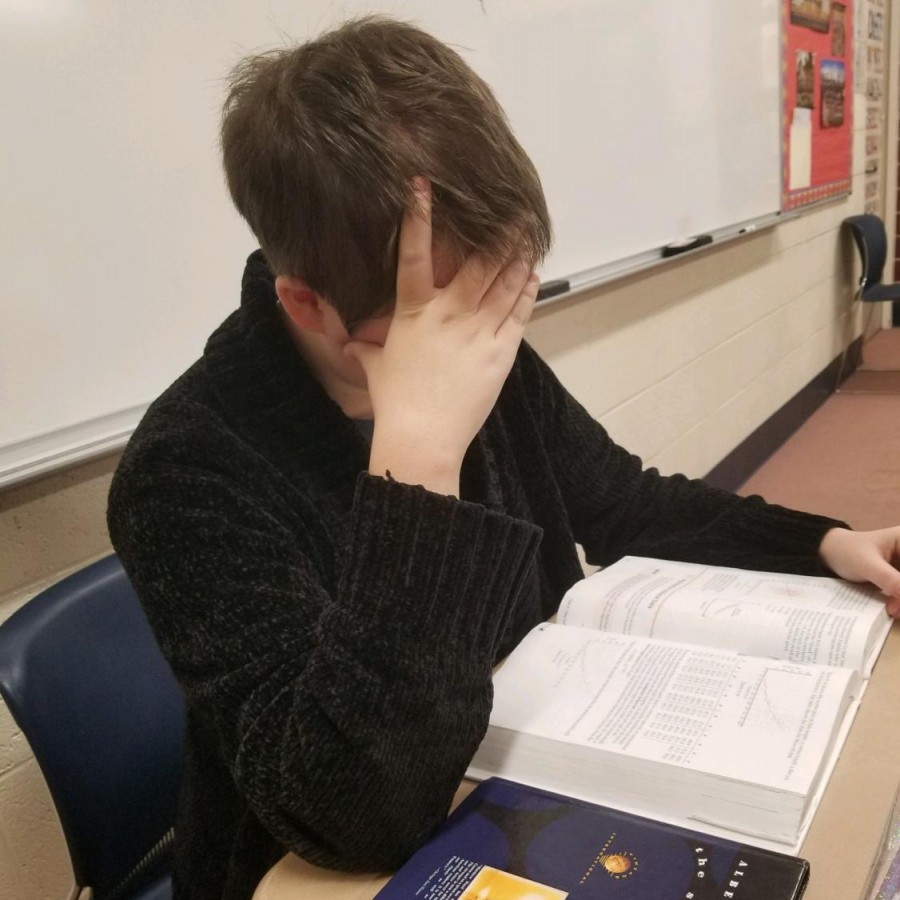It is estimated that only around half of teens with depression are actually diagnosed. Of these teens, only one third of them receive the proper treatment for their mental illness. In an attempt to solve this problem, the American Academy of Pediatrics made a new guideline calling for universal annual depression screenings for teenagers.
“What we’re endorsing,” Rachel Zuckerbrot, a child and adolescent psychiatrist stated, “is that everyone 12 and up be screened at least once a year.” These screenings could be done at a physical or any other official doctor visit.
Zuckerbrot helped make the guidelines for this area of health care, which have been talked about for a long time. Although many pediatricians have been doing depression screenings for years due to the high recommendations for them, all will now be required to do so. Most doctors choose to do this through a questionnaire, either electronic or on paper. “Teenagers are often more honest when they are not looking somebody in the face who’s asking questions,” Zuckerbrot said. “It’s an opportunity for the adolescent to answer questions about themselves privately.”
These questionnaires have a range of questions. Most ask about how often a person has felt down or depressed in the past two weeks. They may also ask about the teens’ motivation to do things, their quality of sleep and their appetite.
The new recommendations that have been placed also ask that families with a teen diagnosed with depression make sure they do not have any access to things that could be used for self harm. Suicide takes many lives of teenagers, the majority of them having a mental illness.
As a country, the United States has become much more aware of the fact that those diagnosed with mental illnesses need proper care; however, there is still a great stigma placed on those who are mentally ill. “Stigma is a huge challenge, specifically for adolescents,” Doug Newton, a child psychiatrist, said. “Oftentimes they are not coming in to get help because of the stigma attached.” With more diagnoses of depression, this stigma will become much smaller, allowing these teens to get the help they need.









